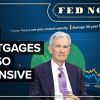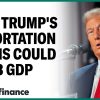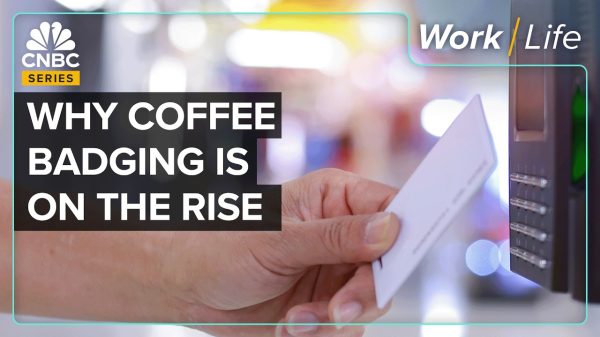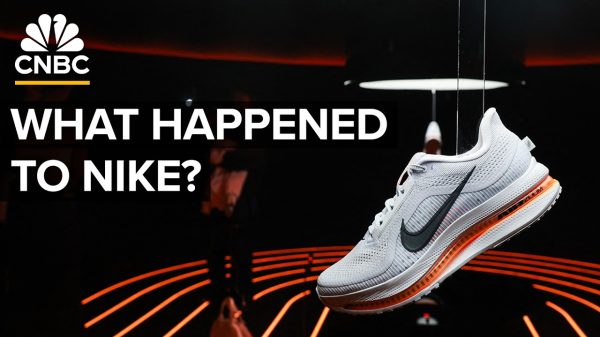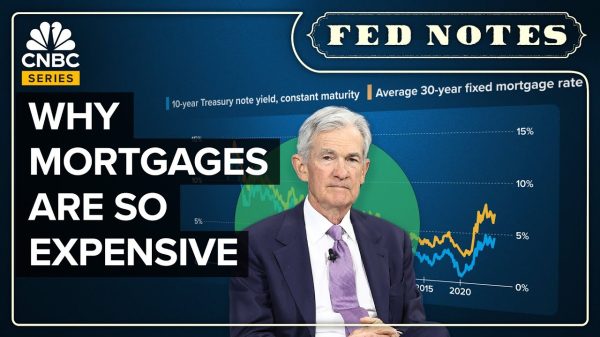Investors are often their own worst enemy, chasing the hottest trends at the wrong time.
And while it has been shown fund investors are collectively poor market timers, a new report finds investor behavior is even worse when it comes to theme funds.
Morningstar
found the typical investor lost more than two thirds of total returns over a five-year period through June 30 because of unfortunate timing. While thematic funds’ total average return was 7.3% annualized over that time, investors earned only a 2.4% return when the impact of cash inflows and outflows was taken into account.
Investors’ actual returns (known as dollar-weighted returns) are often worse than the stated returns of their funds because they tend to go in after many gains have been made and get out too late. It is the classic behavioral trap of buying high and selling low—instead of vice versa.
Thematic funds home in on niches within a sector or invest across varied industries such as artificial intelligence, clean energy, or aging populations. If you pick the right funds, they can do well, but often with significant volatility.
Morningstar found that more volatile funds spurred more frequent trading and a tendency for investors to buy high and sell low.
“More volatile investments accentuate bad decisions,” said Kenneth Lamont, a senior manager research analyst at Morningstar and author of the paper.
Morningstar also found that the narrower the focus of the fund, the starker the gap between total returns and investor returns. Return gaps were also wider in thematic ETFs than in thematic mutual funds.
Lamont said thematic funds aren’t poor investments per se, but their volatile nature “plays to the worst instincts of certain investors—gambling instincts.”
Thematic funds have soared in popularity since the coronavirus pandemic, more than doubling assets under management globally since 2018, according to Morningstar. Big ETF sponsors such as
BlackRock’s
(ticker: BLK) iShares,
Invesco
(IVZ), and Fidelity Investments have thematic products.
While thematic funds overall had a negative investment gap, some themes have a bigger gap than others. The worst is the energy transition theme, with an 11.9% gap.
This means the average energy transition fund returned 14%, while the average dollar invested in those funds gained just 2.1% over the same period. “An astonishingly poor result for investors,” said Lamont.
Morningstar said the index tracked by the
iShares Global Clean Energy ETF
(ICLN) returned 17.6% annualized over the trailing five years through June 30. But the annualized investor return for those who bought the fund over the same period was minus 5.5%, creating a colossal 23% investment gap between what the fund returned and what investors got.
Funds focused on the future mobility theme—which includes the
Global X Autonomous & Electric Vehicles ETF
(DRIV)— and the multiple technology theme—which includes the
ARK Innovation ETF
(ARKK)—also had big gaps of 10.7% and 9.7%, respectively.
The lesson for investors is clear—poor behavior often gets in the way of performance. And the habit can be costly.
Write to Lauren Foster at [email protected]
Read the full article here








